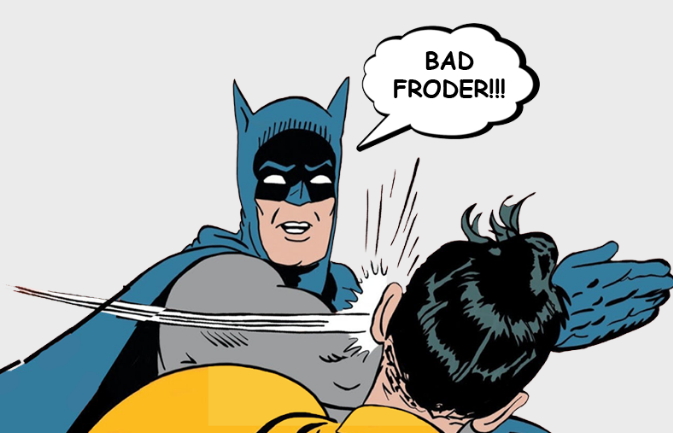
Publication date: 14 June 2024
Fraud in affiliate marketing is a pervasive issue that not only affects affiliate networks but also damages the entire industry. A common scenario unfolds like this: a webmaster claims to have generated top-quality traffic, but a network declines payment, leading to public accusations and even blackmail. This article explores what a fraudster, or “frauder,” is, how to catch a fraudster, and what can be done to minimize fraud in affiliate marketing.
What Is a Fraudster?
In affiliate marketing, a fraudster is an individual or entity that attempts to deceive networks or advertisers for financial gain. Instead of delivering genuine leads or conversions, fraudsters employ tactics like fake accounts, bots, or low-quality traffic. Recognizing fraud is essential to maintaining trust and transparency within the industry.
Why Accusations Against Networks Often Appear
When accusations against affiliate networks emerge online, they often share some common elements:
- Anonymous or Fake Accounts: Claims usually stem from newly created accounts with little to no information.
- Baseless Accusations: Accusations are often based solely on personal grievances and lack concrete evidence.
- Selective Evidence: A conversation screenshot with a manager may appear as “proof,” typically omitting critical details, like the webmaster’s refusal to share creative materials or traffic sources.
- Blackmail Before Public Disclosure: Often, the complainant threatens the network before publishing grievances publicly, stating, “If you don’t pay, I will go public!”
These claims often escalate, attracting a group of sympathizers or even entire online communities dedicated to alleged mistreatment. In many cases, the amount in question is relatively small, yet the drama disrupts operations and damages reputations.
What’s Really Happening?
In most cases, networks find that the “high-quality” traffic is fraudulent or of low quality. Out of 100 such disputes, only a small fraction (about 5%) are genuine errors. Networks often find that taking part in these public debates is unproductive and may instead focus on identifying and banning these bad actors from their platforms.
Why Fraud Hurts All Parties in the Industry
Fraud affects advertisers, networks, and legitimate webmasters alike:
- Advertisers lose money on low-quality traffic that does not yield real users.
- Affiliate Networks spend time mediating disputes that arise between advertisers and fraudsters, and sometimes risk losing clients over quality concerns.
- Webmasters lose credibility as advertisers may begin doubting the value of their traffic, leading to overall distrust in the network.
For these reasons, networks and advertisers are keen to minimize fraud through vigilant detection.
How to Catch a Fraudster in Affiliate Marketing
Detecting fraudulent behavior requires sophisticated tools and collaboration between networks and advertisers. A range of software solutions, such as Forensiq, Fraudscore, and FraudShield by 24Metrics, help detect fraud by analyzing data patterns that signal suspicious activity. Many advertisers also invest in in-house fraud detection mechanisms to further safeguard their campaigns.
In the fight against fraud, the 3SNET affiliate network launched “Find Frauder,” a unique service that allows partners to quickly check suspicious accounts. This database includes fields like email, Telegram username, Skype ID, and e-wallet information, which networks or advertisers can use to investigate webmasters. If a webmaster has been flagged for fraud in the past, their information will appear in the search results, allowing partners to take informed decisions.
Detecting and eliminating fraudsters is essential to protecting the integrity of affiliate marketing. By identifying fraudulent activity and preventing payouts for worthless traffic, networks, advertisers, and genuine webmasters can work together to maintain a fair and profitable environment. Let’s keep the industry clean and prevent fraud from harming legitimate players.
Protect your business from fraud by using tools like “Find Frauder” and collaborate with networks and advertisers who prioritize transparency.
FAQs
What is a fraudster in affiliate marketing?
A fraudster is someone who provides fake or low-quality traffic, attempting to trick networks or advertisers into paying for worthless leads.
How can I catch a fraudster?
Using fraud-detection software and services can help identify suspicious traffic before payouts are made.
What should I do if I suspect fraud?
Report any unusual traffic patterns to your network and consider using detection tools to confirm suspicions.
Share it with your friends via favorite social media





























